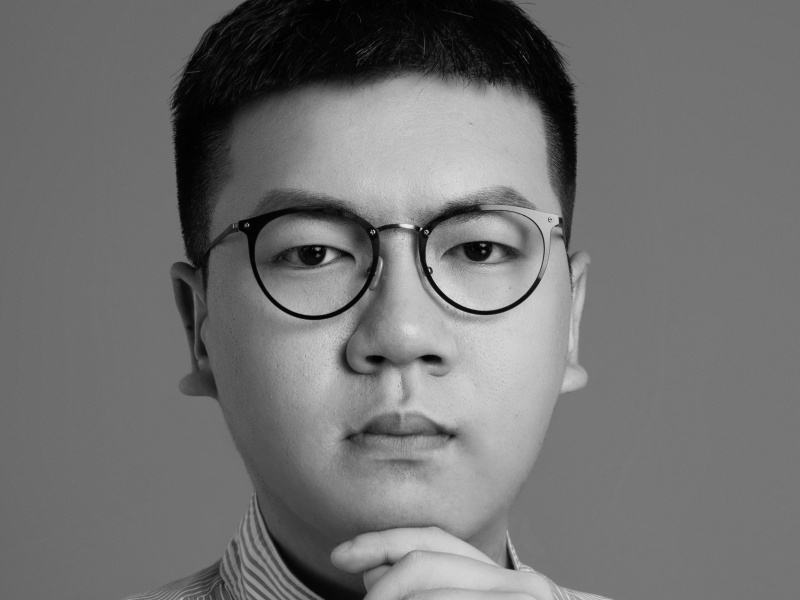E-commerce has become a necessity for brands in China. At the Luxury Society Keynote in Shanghai, Buy Quickly’s Founder, Chairman and CEO John Liu delved into its potential, offering key takeaways for luxury brands looking to develop their e-commerce business in the market.

E-commerce has become a necessity for brands in China. At the Luxury Society Keynote in Shanghai, Buy Quickly’s Founder, Chairman and CEO John Liu delved into its potential, offering key takeaways for luxury brands looking to develop their e-commerce business in the market.
Once regarded with wariness by luxury brands, Tmall has since become a key channel for the development of their e-commerce businesses in China. As the e-commerce infrastructure in China matures, the focus on online marketplaces and other brand-owned e-commerce channels like WeChat and the brand official site has also grown. How can brands strengthen their e-commerce offerings and boost performance in this market?
At the recent Luxury Society Keynote in Shanghai, John Liu, Founder, Chairman and Chief Executive Officer at Buy Quickly, a leading service provider specialising in the international fashion, premium and luxury sectors, shared insights on macroeconomic trends fuelling the luxury industry in China, and some key insights for luxury brands to strengthen their e-commerce presence in this market.
Consumer behaviours are increasingly shifting online, noted Liu in his presentation. “Sixty-two per cent of consumers who end up purchasing offline will first discover the brand online,” he shared. This makes it important for brands to ensure that they have a good online infrastructure to support the search and discovery process, and also opens up a host of new opportunities when it comes to creating omnichannel experiences.
“Balancing brand positioning and sales performance is another critical issue when operating luxury e-commerce,” said Liu. Striking a balance between branding and driving sales can be a challenge, as livestream sessions on e-commerce platforms tend to be driven by discounts. Brands that do not want to go down this path can instead use it as a method to drive awareness – and this can be achieved through well-curated brand content and alignment with collaborators (such as KOLs and celebrities) in terms of overall tone and delivery.
Watch the video for his full session. A PDF version of presentation is also available for download at the link below.










